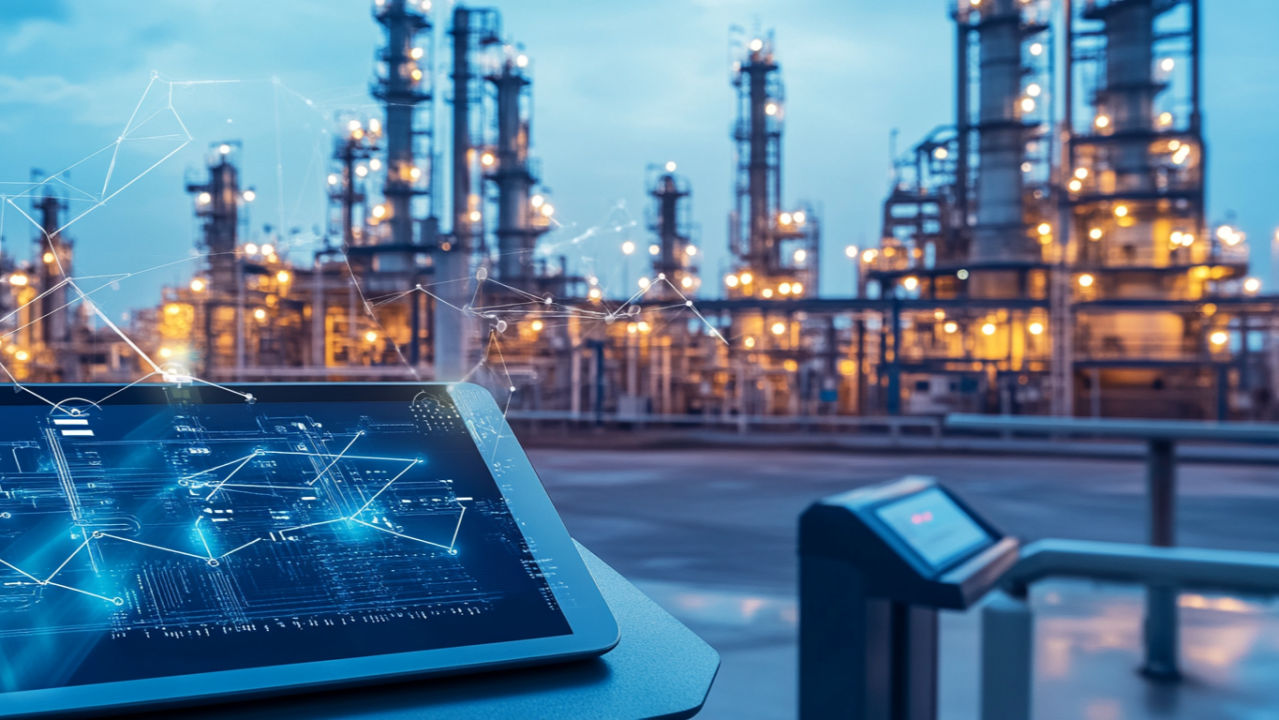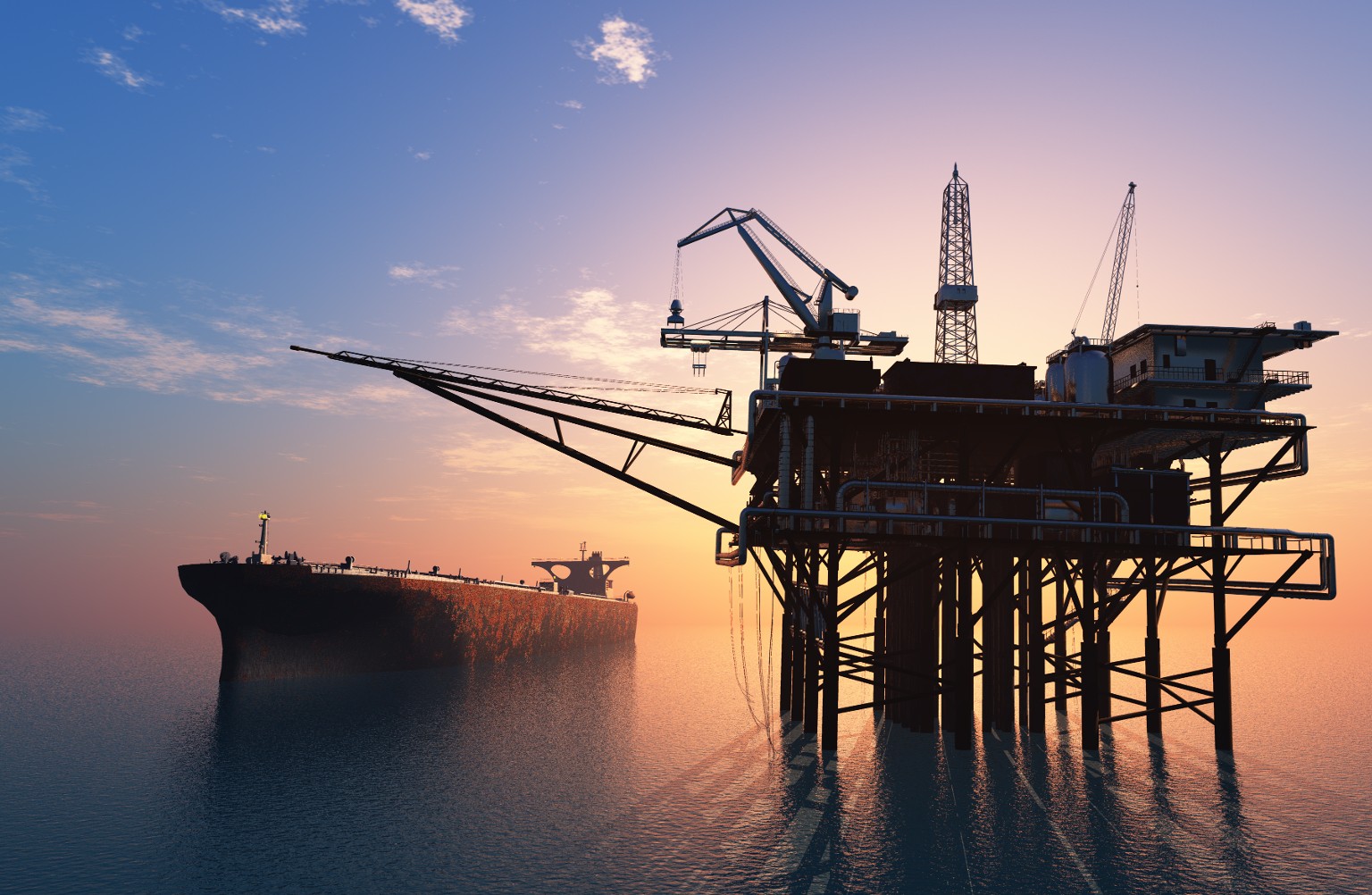Oil and gas are undergoing phenomenal changes, and the change will be a highly productive mode in the future to operate for the changes made in efficiency, safety, or lower costs or amounts. This blog post deals with how all the workflows go, changing with the influences of technology, ranging from exploration and production through maintenance and compliance processes. The benefits to enjoy will be tangible for applications that are relevant to Dubai operators and international operators alike.
Why It Matters Now for Change
The mountain being built overhead in rising operating costs, increasing regulatory compliance, and erratic markets has pushed operators to think about ways to revamp out-of-date practices. Digital technology provides teams with improved visibility into assets and enables quicker decision-making. Implementing oil and gas digital solutions is no longer a choice for companies seeking to remain competitive.
Central Technologies That Are Changing Operations
A number of technologies are paying dividends. The Internet of Things and remote monitoring enhance the telemetry of wells and pipelines. Predictive models and advanced analytics transform raw sensor readings into unambiguous actions. Edge computing minimizes latency for remote locations, and cloud platforms consolidate data for teams geographically dispersed. Robotic and drone-based inspections assist in inspections in dangerous areas, minimizing human exposure and accelerating routines.
From Reactive to Predictive Maintenance
One quick victory is transitioning from reactive maintenance to predictive maintenance. Sensors sense vibration, pressure, and temperature patterns that lead to failures. Maintenance teams act on trend monitoring, which helps them avoid failure and downtime by helping them save money on replacements. And that means that drilling rigs, compressors, and pumping stations have more uptime, which translates to an even safer workplace.
Automation at Scale
Automation eliminates the drudgery of humans and speeds up repetitive operations, allowing engineers to concentrate on more value-added tasks. Some examples are automatic valve control, real-time flow control, and refinery process optimization. For companies in the UAE, oil and gas automation Dubai is a developing sector, with regional integrators providing turnkey systems as per local standards.
Digital Twin, Single Source of Truth
Digital twin models build virtual copies of physical assets. They integrate historical performance, real-time telemetry, and engineering data to prototype scenarios before making changes on the ground. Operators can conduct stress tests, analyze retrofit alternatives, or perform emergency drills in a safe environment. Digital twins can assist in regulatory reporting by leaving an auditable record of decisions and conditions.
Human Factors and Change Management
Technology thrives when used by humans. All these things, much training, transparent governance, and a simple interface to use, are far more important than the latest algorithm. Deploy minimized resistance, and ensure that the new tools yield quantifiable benefits with transparent documentation, role-based access, and phased rollouts.
Cybersecurity and Data Governance
New threats are introduced by connectivity. Cybersecurity, when well-integrated with a plan from the very first day, does not go on to the last minute, such as, however, at the end of the project, designing a network that incorporates protected access to trusted devices with periodic audits. Data governance policies define who can access what data, for how long, and with whom they share it. Thus, it becomes important for a company with its headquarters in Dubai and operating worldwide to have local laws around it follow the corporate security framework.
Sustainability and Emissions Monitoring
Modern digital systems now allow accurate measurement of emissions and resource consumption. Real-time leak detection, flare optimization, and energy efficiency analytics aid compliance with environmental regulations. Improved data allows operators to minimize waste and show improvement to investors, customers, and regulators.
Practical Steps for Operators in Dubai and Beyond
Begin with a pilot with high returns, e.g., predictive maintenance on a key pump or remote monitoring of a short section of pipeline. Establish precise measures of success, such as lowered downtime or reduced maintenance events, and then replicate what has worked. Select vendors that grasp both the oil and gas space and regional compliance requirements, and insist on open interfaces so your data can be merged with future systems.
Quick Decision-maker Checklist
- Establish one measurable objective, for instance, reduced downtime.
- Select a small, high-impact pilot.
- Have cybersecurity and data governance from the beginning.
- Train personnel and gather operational feedback.
- Scale only after definitive, documented outcomes.
Conclusion
Digital adoption well planned provides quantifiable returns, enhanced safety, and robust regulatory compliance. Firms investing in people, secure designs, and realistic pilots will realize benefits throughout their asset base. Integrating digital transformation in oil thinking with focused oil and gas digital solutions and local know-how for oil and gas automation Dubai sets operators up to address today’s challenges and prepare for tomorrow’s.



